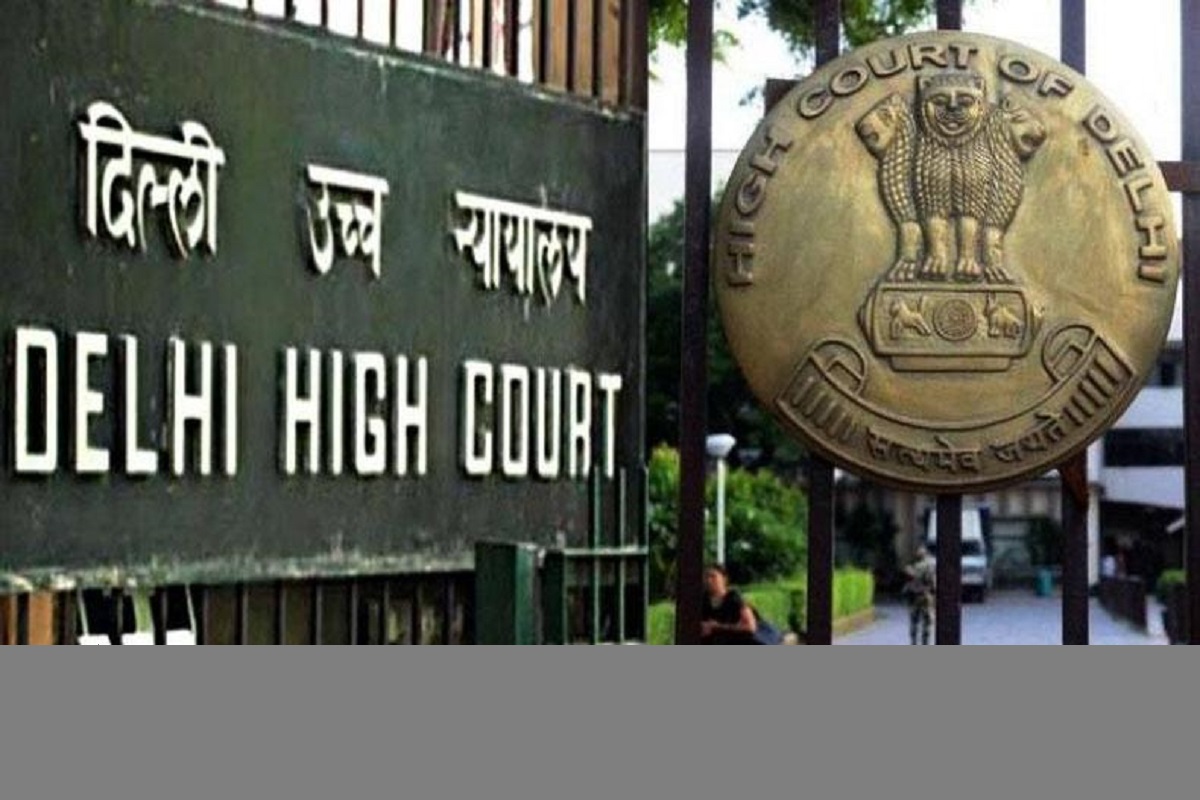The Delhi High Court has denied bail to an accused who allegedly conspired with a fellow doctor to carry out an acid attack on a 30-year-old senior resident doctor.
Justice Swarana Kanta Sharma observed the gravity of acid attack cases, describing them as crimes marked by extreme brutality and devastating consequences that send shockwaves through communities.
Advertisement
The co-accused, who had proposed marriage to the victim, sought revenge after his advances were rejected.
The court said that the life-altering impact of acid attacks, causes not only severe physical pain but also emotional scars that may never heal.
It stressed that in cases like these, where a heinous crime such as an acid attack disfigures a person’s life, justice must take a central role in the court’s decision-making process.
“A heinous crime such as acid attack on a woman, disfiguring her for life, in broad daylight in a thickly populated area due to a love proposition repelled by the victim, can evoke strong emotions in the society in addition to inflicting grave psychological trauma to the victim. It is in such situations and cases that the court’s role as a guardian of justice needs to come to the fore,” the court said.
The prosecution argued that the applicant accused not only hired juveniles to carry out the attack but also actively participated in planning and executing the crime.
The accused, who had been in judicial custody for the past nine years, sought bail, arguing that the trial would take some time to conclude.
In response, Justice Sharma noted the complexity of the case, particularly the need to weigh the heinousness of the offence against the accused’s extended incarceration.
The court affirmed its commitment to due process, fairness, and justice, even when dealing with the most abhorrent crimes.
It said that while the accused might lament their long incarceration during the trial, the court cannot ignore the unseen psychological pain and lasting trauma suffered by the victim.
“The courts have to remain steadfast in its commitment to following due process of law, fairness of procedure and justice, and upholding individual fundamental rights, even when dealing with the most abhorrent offences,” the court said.
“This court cannot but shudder at the thought of her emotions, whenever she looks into the mirror and is reminded not only of the incident and the pain she has gone through but also the face she has lost forever which she was born with, and the ability to see the world with two beautiful eyes given by the God one of which has been snatched due to the incident in question,” the court said.
The court also expressed displeasure at the nine-year duration of the trial and called for the examination of the remaining witnesses on a day-to-day basis, with the aim of concluding the trial within four months.
The court stressed the importance of ensuring the prompt appearance of witnesses to expedite justice in this case.
“The concerned DCP will ensure that the witnesses appear before the court on the day they are summoned, which is essential since it is an old case and some of the witnesses may have been transferred from one police station to another and some may have retired,” the court said.
















